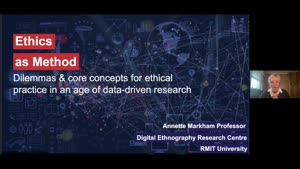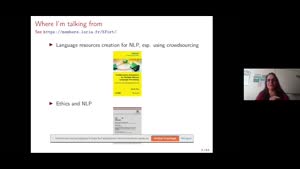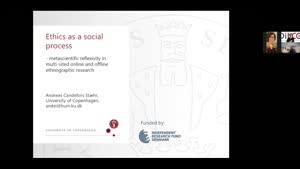In Search of Double Modals: DiLCo Lecture Series 2022 (08 December) - Jack Grieve - University of Hamburg
- Lecture2Go
- Catalog
- F.5 - Geisteswissenschaften
- Sprache, Literatur, Medien (SLM I + II)
- Digital language variation in context (DiLCo)
Catalog
In Search of Double Modals: DiLCo Lecture Series 2022 (08 December)
In this presentation, I report the results of a large-scale study of variation in the structure and use of double modals in American English. Based on an 8.9 billion word corpus of geolocated Twitter data collected from across the US between 2013 and 2014, we identify 5,436 occurrences of double modals, including examples of 76 distinct double modal combinations, far more tokens and types than have been observed in decades of research. We then map double modal use in high resolution across the US for the first time. Our results challenge a wide range of assumptions about the nature of double modals, which have been based almost entirely on the intuitions of linguists and their informants. Most notably, we find that double modals are most strongly associated with African American Language. Furthermore, based on this finding, we propose that double modals may have originated with African American as opposed to Scot-Irish settlers, as has generally been assumed. I conclude by considering how the emerging field of computational sociolinguistics is revolutionising the way we study and understand language variation and change.
Jack Grieve is a Professor of Corpus Linguistics at the University of Birmingham and Turing Fellow at the Alan Turing Institute in London. His research focuses on the analysis of language variation and change in the English language based on the computational analysis of large corpora of natural language.
DiLCo Lecture Series 2022 aims to showcase cutting edge international research on digitally language and communication by both senior and younger researchers from across the world. We wish to present research that explores digital language and communication by drawing on key concepts and topics in socio-cultural linguistics, such as community, context, identity, mediated interaction, multimodality, and linguistic change. We particularly welcome presentations of innovative methods that cut across traditional disciplinary boundaries.
DiLCo (Digital language variation in context) is a 3-year international research network initiated in 2021 at the University of Hamburg. The network brings together researchers from Europe and USA with expertise in computational, interactional, and ethnographic approaches to digital language and linguistics. It aims to provide a platform for the development of interdisciplinary ideas in digital language and communication research, and for early-career capacity building.
---
DiLCo (‘Digital language variation in context’) is a 3-year international research network initiated in 2021 at the University of Hamburg. The network brings together researchers from Europe and USA with expertise in computational, interactional, and ethnographic approaches to digital language and linguistics. It aims to provide a platform for the development of interdisciplinary ideas in digital language and communication research, and for early-career capacity building.

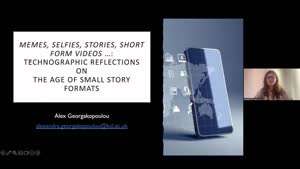
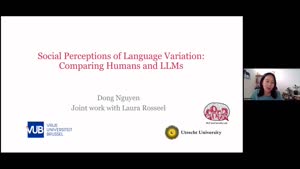
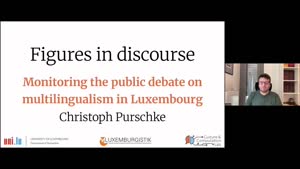
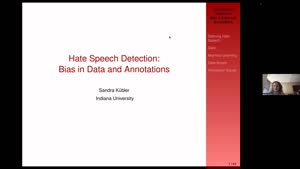
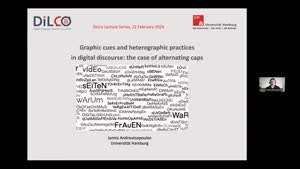
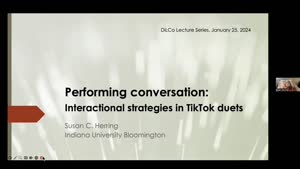
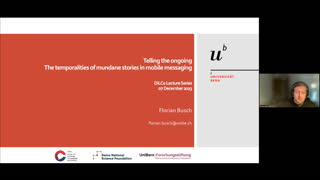
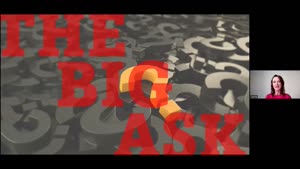
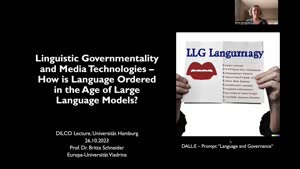
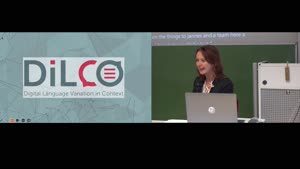
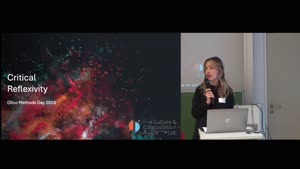
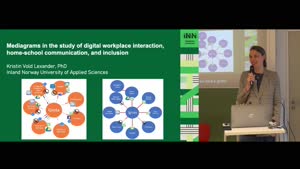
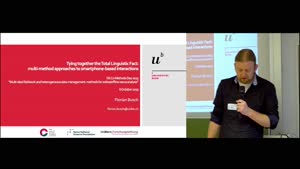
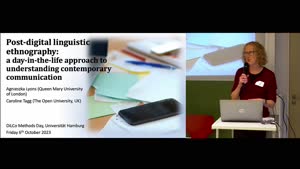
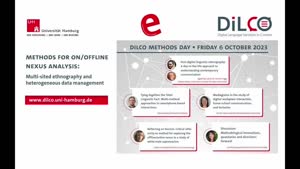
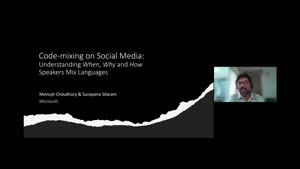
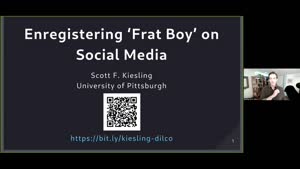
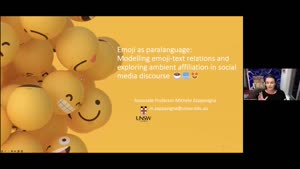
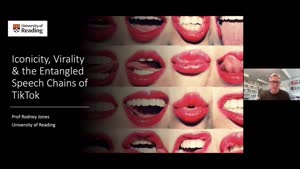
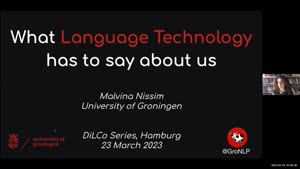
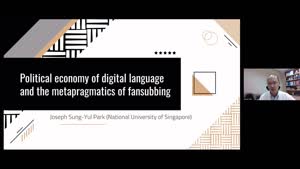
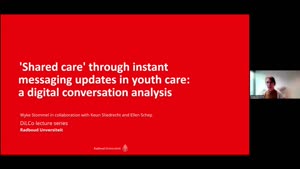
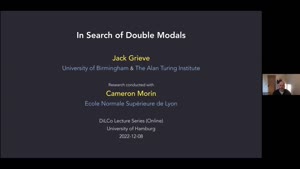
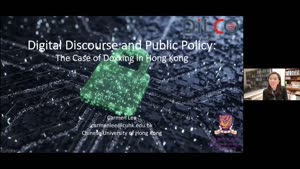
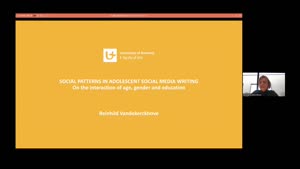
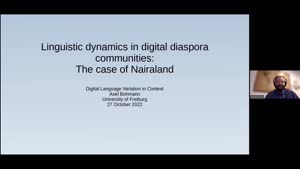
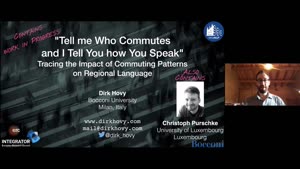
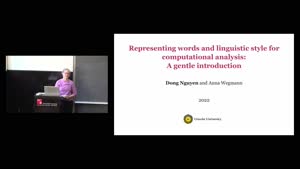
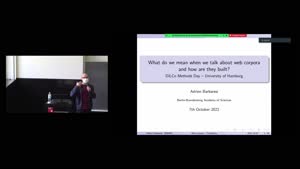
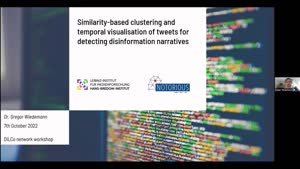
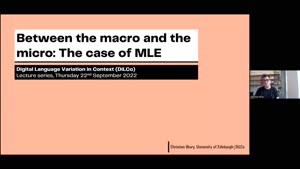
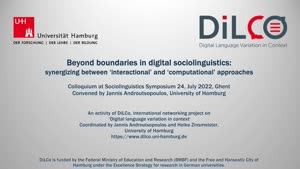
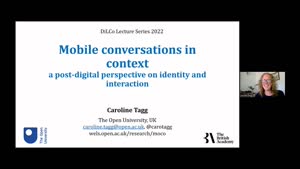
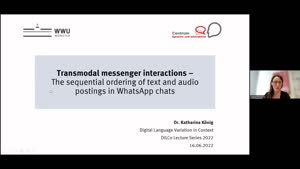
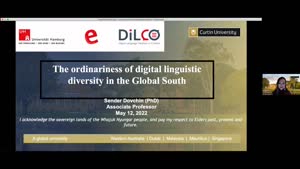
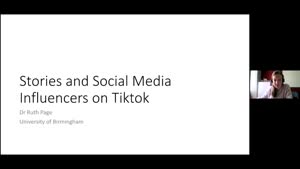
![Thumbnail - Graphic Prosody and political discourse on Greek Reddit [Presentation in Greek]](https://lecture2go.uni-hamburg.de/images/00.000_video-61074_2022-03-30_18-30_m.jpg?lastmodified=1663761108652)
